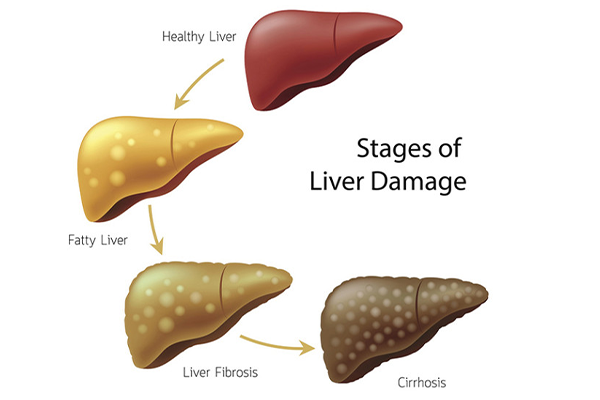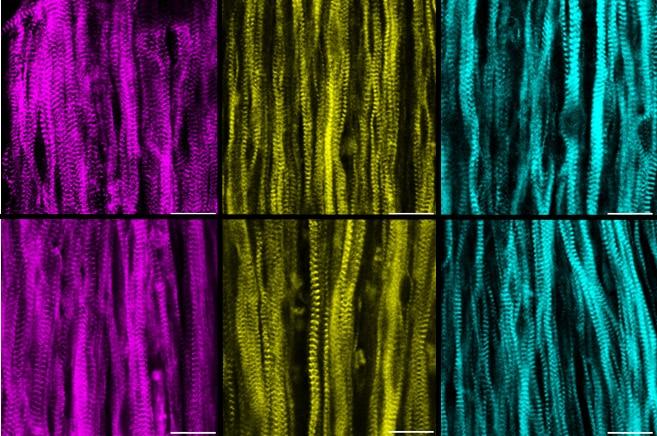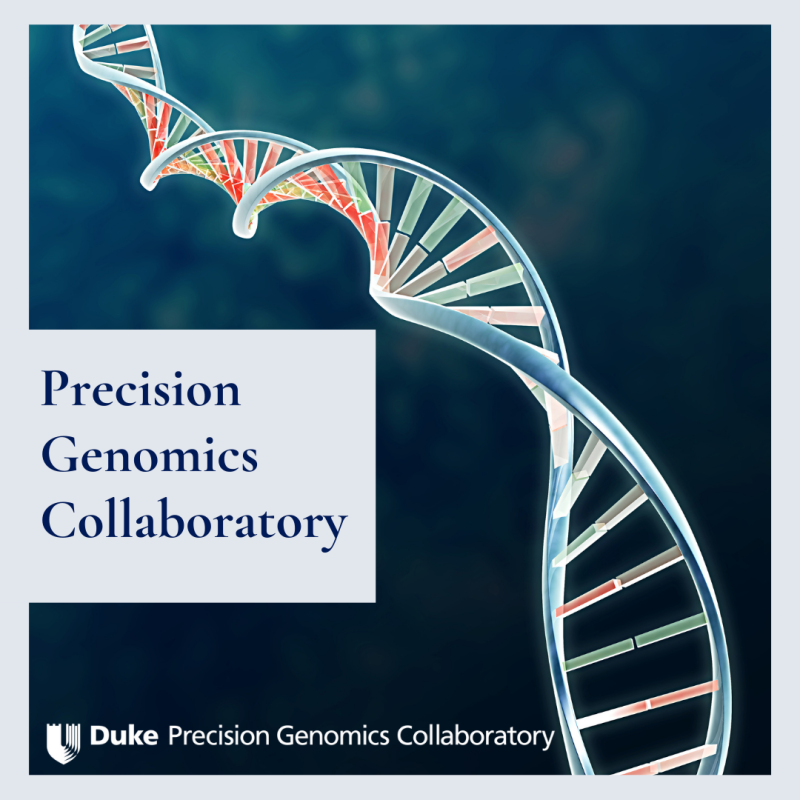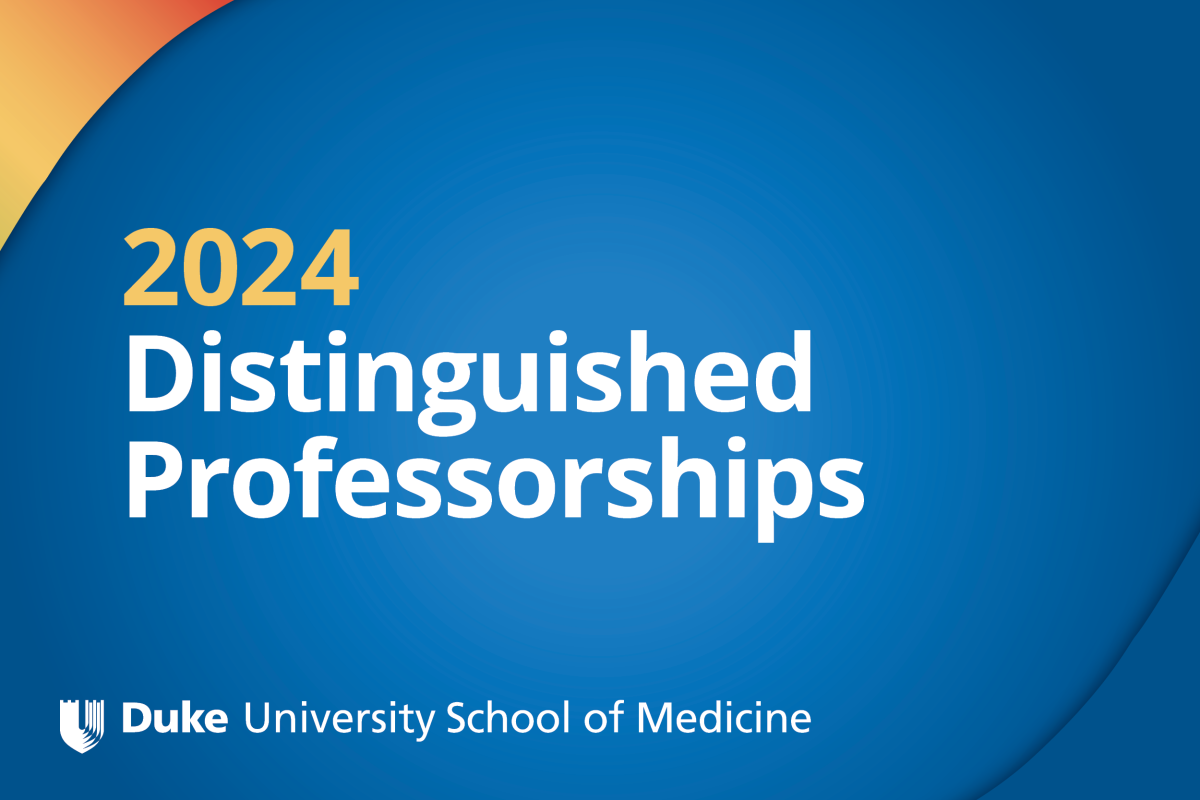Study Shows How Liver Damage from Stress and Aging Might Be Reversible
A Duke Health research team now might have found a way to turn back time and restore the liver.
Lab-Grown Muscles Reveal Mysteries of Rare Muscle Diseases
Biomedical engineers at Duke University have developed a new technique to better understand and test treatments for a group of extremely rare muscle disorders called dysferlinopathy or limb girdle muscular dystrophies 2B.
Blood Test Finds Knee Osteoarthritis up to Eight Years Before It Appears on X-rays
A blood test successfully predicted knee osteoarthritis at least eight years before tell-tale signs of the disease appeared on x-rays, Duke Health researchers report.
How to Talk to Your Family About Their Heart Health History
Svati Shah is quoted in Time Magazine about the importance of discussing your heart health history with your family.
PGC Director Meets FLOTUS, Hears White House Initiative on Women's Health Research
First Lady of the United States, Jill Biden, EdD, visited Durham on March 20 to deliver remarks on women’s health research to a group of about 40 invited guests from Duke University, NC Central, and UNC Chapel Hill.
PGC Announces Student Pilot Grant Awardees
The Duke University School of Medicine Office of Biomedical and Graduate Education (OBGE) and Precision Genomics Collaboratory awarded 14 pilot grants of $2,000 each to SOM Biomedical PhD students. The goal of these grants is to support our students in scientific and educational efforts to bolster their graduate training experiences. These awards will help further research in a broad array of topics including single cell sequencing, changes in the brain due to drug use, and RNA sequencing. It will also help cover costs to attend courses and conferences around the world.
Simon Gregory among School of Medicine’s 2024 Distinguished Professors
This spring, 18 faculty members in the Duke University School of Medicine have been awarded distinguished professorships. The new distinguished professors will be honored at the annual distinguished professorship event on May 23.
In total, 32 new distinguished professors across Duke University were approved by the Board of Trustees in February.
Distinguished professorships are awarded to faculty who have demonstrated extraordinary scholarship in advancing science and improving human health.
Human Avatars Help Make Gene Therapy More Effective
Researchers at Duke University School of Medicine have developed a way to make humanized mouse models more accurate.
Research Triangle Universities Team Up to Unravel Cellular Mysteries
Duke University, in collaboration with the University of North Carolina-Chapel Hill and NC State University, has received a three-year, $3 million grant from the Chan Zuckerberg Initiative (CZI) to map and manipulate the unseen complexities of biological networks, with a focus on kinases.
New Insights on Kidney Disease in African Americans Could Lead to Therapies
In a finding that could help reduce the racial disparity in kidney disease, Duke Health researchers have detailed how two common gene variants among African Americans can cause kidney failure.








